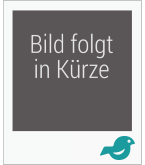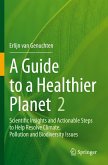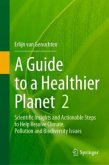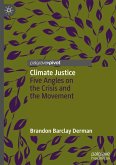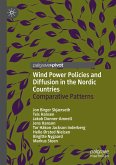This book focuses on Dingle Peninsula 2030 an awarding winning example of a transdisciplinary collaboration for sustainability. It provides many useful lessons for researchers and students seeking to build transdisciplinary partnerships for sustainability and climate action. The book follows the PhD journeys of two early career researchers from Energy Engineering and Sociology, working together with community partners, national bodies, and other groups on a regional development project. It outlines the institutional and practical challenges of doing such work and the story, successes, and trials of Dingle Peninsula 2030.
This book offers students and researchers an invaluable framework to consider when embarking on inter- or transdisciplinary collaborations. The book follows the authors PhD journeys, critically reflecting on the transdisciplinary approach taken, as well as outlining a practical guide for how to engage communities in climate action and sustainabilityissues.
This book offers students and researchers an invaluable framework to consider when embarking on inter- or transdisciplinary collaborations. The book follows the authors PhD journeys, critically reflecting on the transdisciplinary approach taken, as well as outlining a practical guide for how to engage communities in climate action and sustainabilityissues.


